 © David Kassan, “Joshua Kaufman, The Volunteer,” 2018. Collection of the USC Fisher Museum of Art, Los Angeles.
© David Kassan, “Joshua Kaufman, The Volunteer,” 2018. Collection of the USC Fisher Museum of Art, Los Angeles.
Holocaust survivor Joshua Kaufman, a beloved fixture of the Los Angeles Jewish community who was recognized at the 2019 State of the Union address in Washington, D.C., has died at the age of 95.
Joshua’s reunion with the American soldier who liberated him at Dachau Concentration Camp was captured in the 2015 History Channel documentary The Liberators: Why They Fought. In 2016, Joshua traveled to Germany to testify at the trial of Auschwitz guard Reinhold Hanning.
For many years, Joshua declined to speak about his wartime experience – even to his four daughters – but in 2017 he gave a 5-hour interview with the USC Shoah Foundation just as the Institute was ramping up its Last Chance Testimony Collection, an effort to capture the stories of Holocaust survivors while time and memory permit.

Joshua was invited to attend then President Trump’s 2019 State of the Union address, along with a Jewish American soldier who helped liberate Dachau. “Your presence this evening honors and uplifts our entire Nation,” President Trump said.
Joshua’s warmth and his no-nonsense lust for life were captured by artist David Kassan in a life-sized portrait of Joshua included in Facing Survival, a 2019 art exhibition of the USC Shoah Foundation and USC Fisher Museum of Art.
___
Joshua was born on February 20, 1928, in Debrecen, Hungary, the third of four children of Berta and Alexander Kaufman, a lumber industry businessman. At the age of 11 or 12, Joshua was sent to the Satmar Yeshiva in Satu Mare, Romania, where he studied Talmud.
In 1938 and 1939, Hungary’s Nazi-influenced regime passed anti-Jewish race laws and in November 1940 Hungary joined Germany’s Axis alliance. Joshua’s father, a high ranking reservist, was expelled from the Hungarian army in 1942, and soon after he was deported to a labor prison in Russia.
In 1943, the Nazi-allied Hungarian police took Joshua and his brothers as slave laborers and in March 1944 the German army entered Debrecen. Jews were forced into a ghetto and in the early summer of 1944, Joshua and his mother and siblings were sent to the Auschwitz-Birkenau Concentration Camp.
Joshua, then 16 and athletically built, was sent to serve as a laborer. His mother and siblings were sent the other way, toward the gas chambers.
Food – the lack of it and the constant quest for more – took over Joshua’s every action. He endured beatings when he was caught stealing potatoes from the kitchen. When prisoners threw themselves at the high voltage fence that surrounded the camp, he volunteered to clean up the bodies, so he could retrieve any scraps they might have hidden in their clothing.
His main task in Auschwitz-Birkenau, where he was interned for about three months, was removing bodies from the gas chambers.
“I did my job because I got food and I want to see what is going on. Unbelievable for a Jewish religious child from a good home, good education, beautiful parents, beautiful grandparents, good people, that I have to become a butcher [at] 15 years,” he said.
As Russian troops advanced westward toward Auschwitz in early 1945, Joshua was sent on a death march to Dachau. At the Muhldorf subcamp of Dachau, Joshua worked carrying cement for the construction of an underground runway for a German aircraft factory.
On April 30, 1945, American soldiers liberated Dachau. They took the survivors to a field hospital.
“They took care of us like babies. I can never forget it,” he said of his American liberators.
Over the following year, Joshua regained his strength at the Feldafing Displaced Persons Camp in Germany and eventually made his way back to Drebecen. Joshua’s mother and his siblings, Malka, Tzvika, and Meir, and around 100 extended family members, had all been murdered.
But his father had survived, and he soon remarried. In 1949, facing postwar antisemitism in Communist Hungary, Joshua moved to the newly established State of Israel. He joined the Israeli military, where he worked as a tractor/heavy equipment operator and fought in Israel’s wars of 1956, 1967 and 1973.
As a tourist in Los Angeles in 1975, Joshua met Margaret Rosenblum, a Hungarian Holocaust survivor. They married and had four daughters and Joshua worked as a licensed plumber.
Joshua didn’t tell his daughters he was a Holocaust survivor until they were in high school, and even then, he shared very little, in part to protect them.
“It’s a very big thing,” he said of his decision to record his testimony in 2017. “Because I hear the voice of the people,what they said– Joshua, don’t let us forget.”
Margaret died in 2021 after a long illness. Joshua is survived by his daughters, Judy (Yehuda) Ledgley, Malkie (Jason) Rodin, Rachel, and Alexandra (Henry) Stern, and six grandchildren.
Watch Joshua Kaufman’s full testimony.
Julie Gruenbaum Fax is a content strategist at USC Shoah Foundation. A longer version of this article was published on the USC Shoah Foundation website.
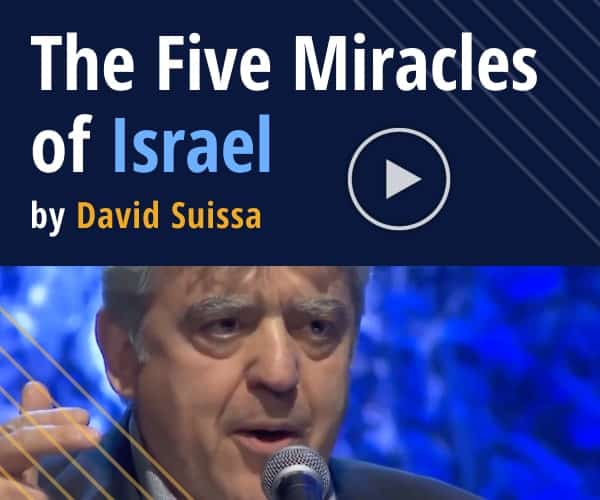








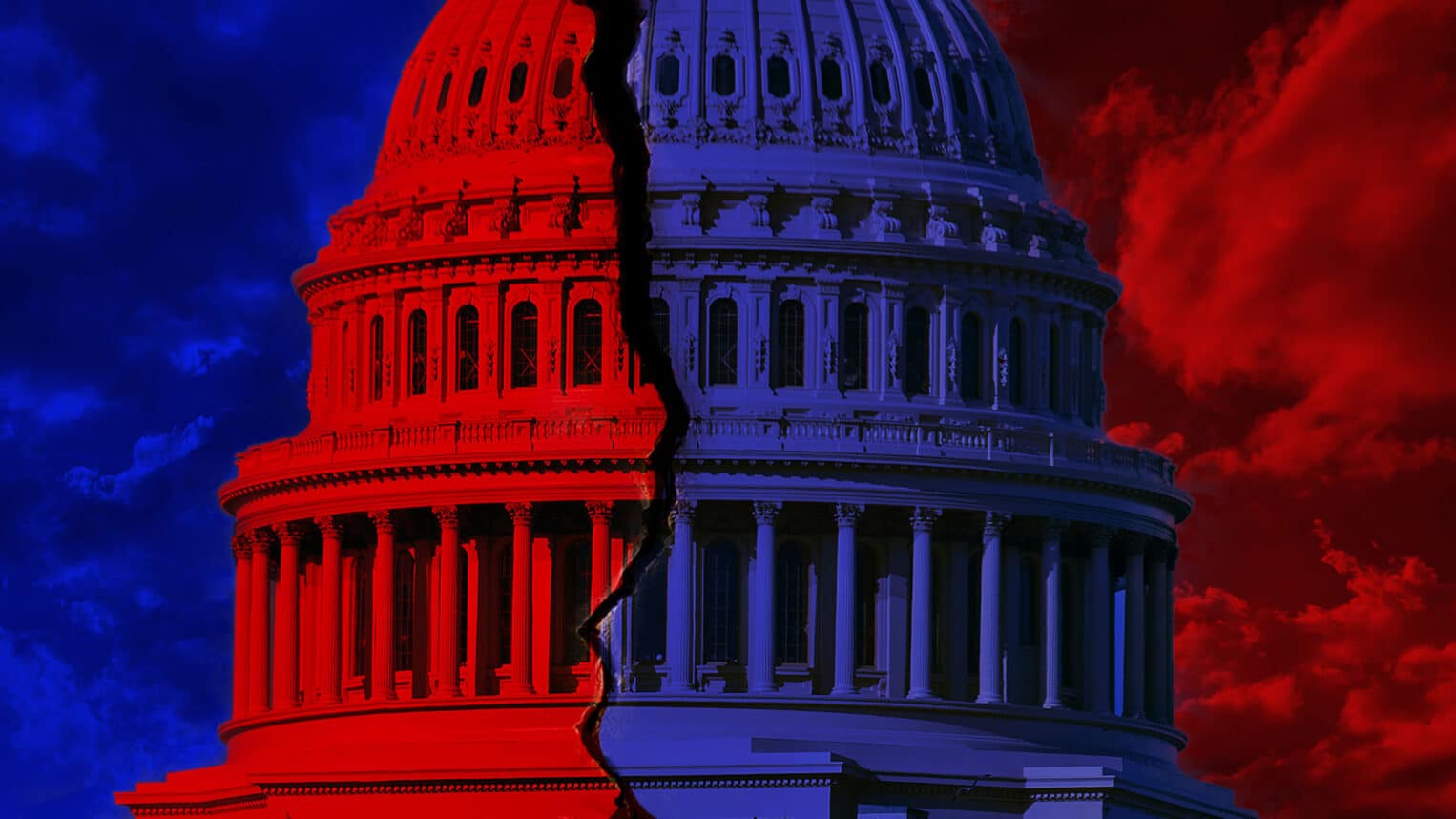
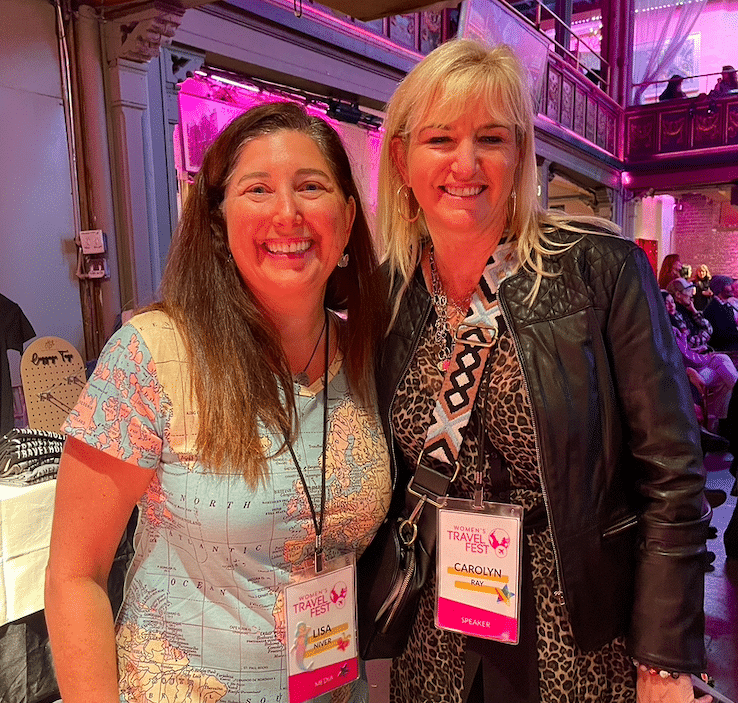
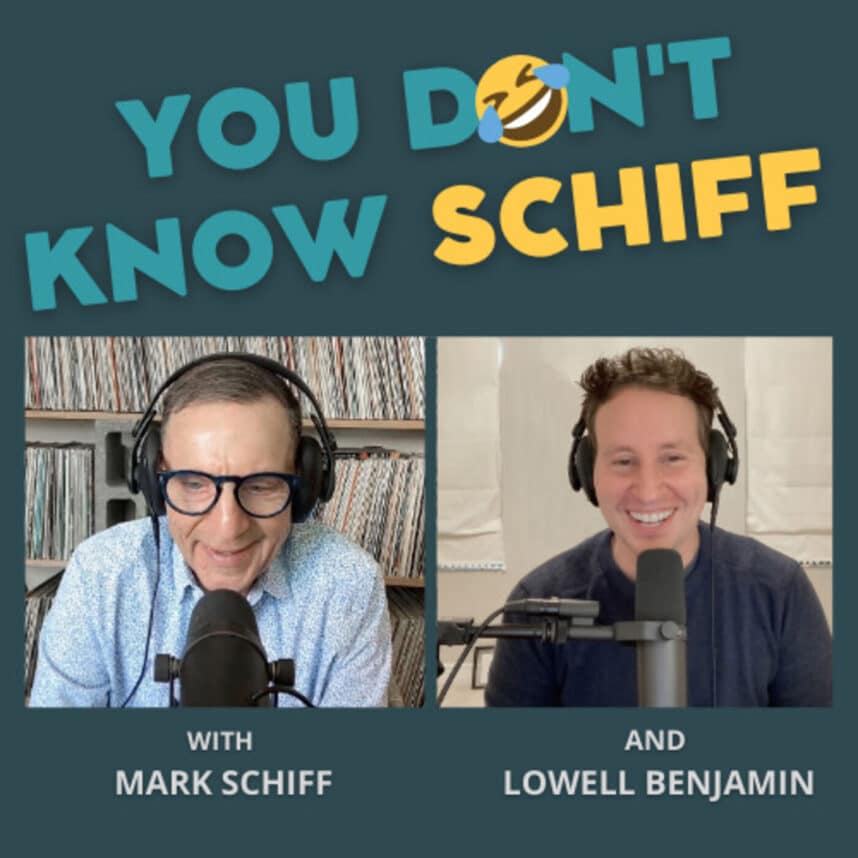
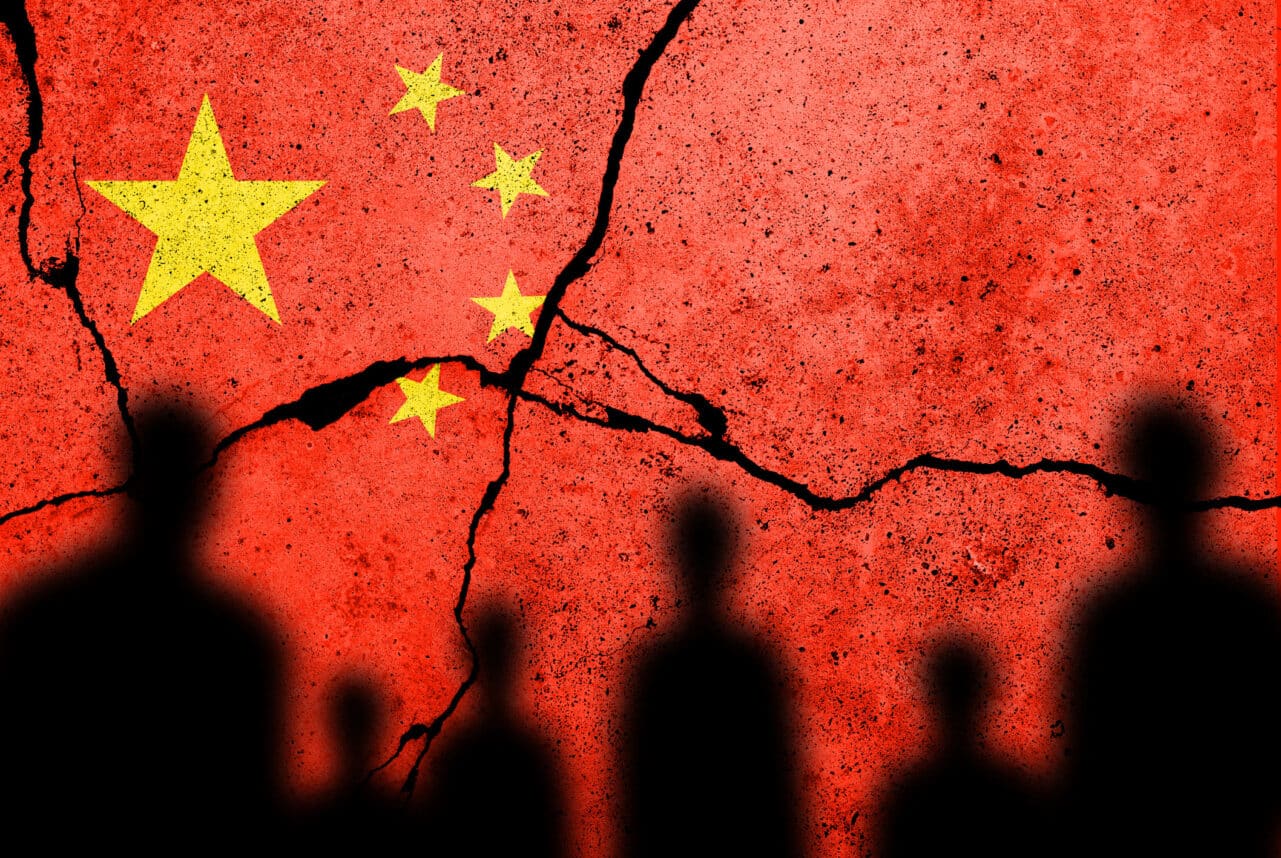
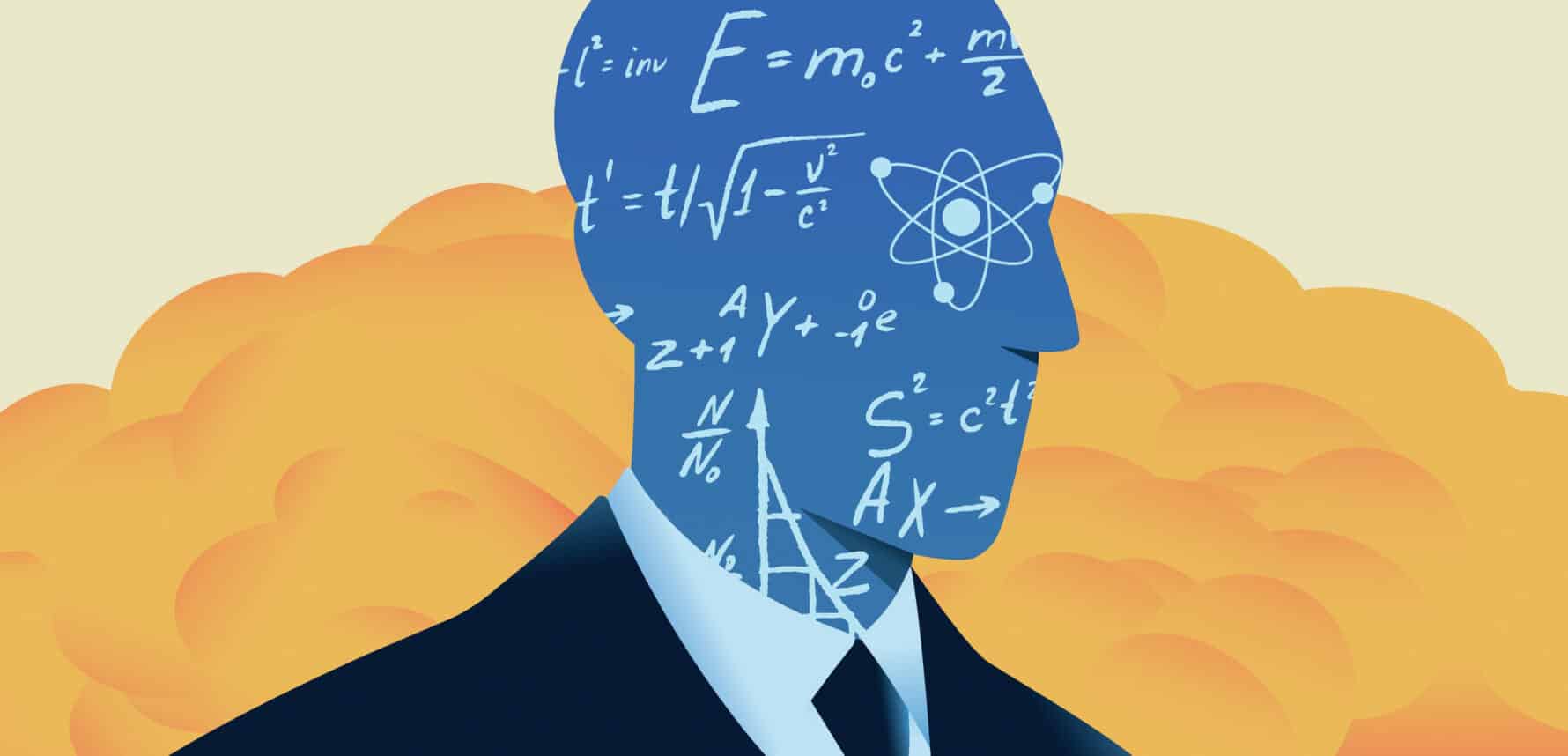

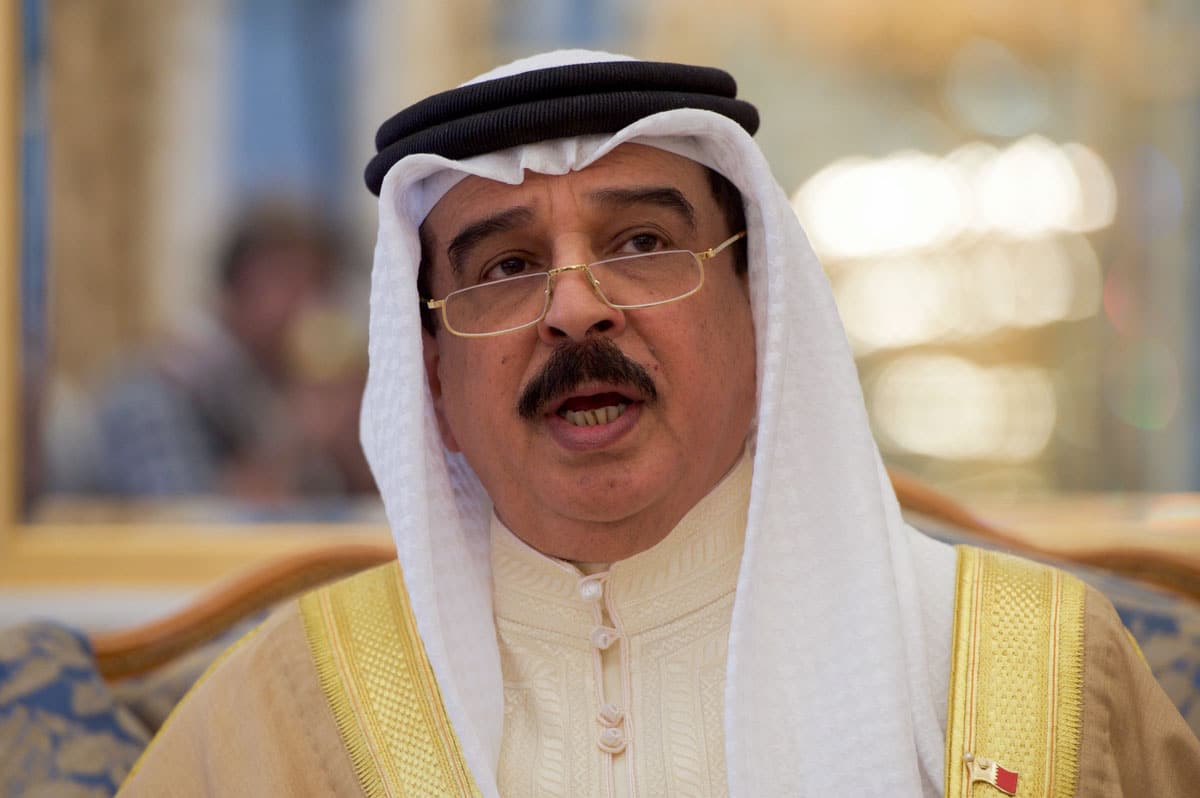




 More news and opinions than at a Shabbat dinner, right in your inbox.
More news and opinions than at a Shabbat dinner, right in your inbox.